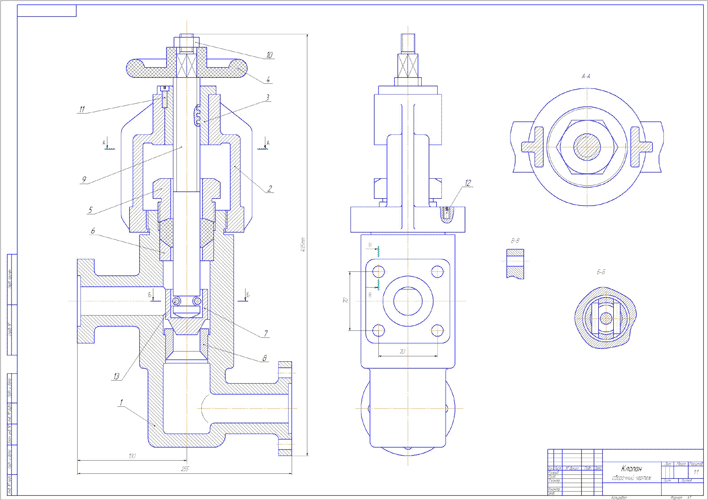Zoran Klapan is on Facebook. Join Facebook to connect with Zoran Klapan and others you may know. Facebook gives people the power to share and makes the. Ru/kupit-klapan-dlya-stiralnoy-mashini-sibir-6et-ustroystvo-klapana html. Ru/chertezh-klapan-setevoy-obratniy-detaliroa html.

Pulmonary arterial hypertension is a progressive disorder characterized by abnormally high blood pressure (hypertension) in the, the blood vessel that carries blood from the heart to the lungs. Pulmonary arterial hypertension is one form of a broader condition known as pulmonary hypertension. Pulmonary hypertension occurs when most of the very small arteries throughout the lungs narrow in diameter, which increases the resistance to blood flow through the lungs. To overcome the increased resistance, blood pressure increases in the pulmonary artery and in the right ventricle of the heart, which is the chamber that pumps blood into the pulmonary artery.
Ultimately, the increased blood pressure can damage the right ventricle of the heart. Signs and symptoms of pulmonary arterial hypertension occur when increased blood pressure cannot fully overcome the elevated resistance. As a result, the flow of oxygenated blood from the lungs to the rest of the body is insufficient. Shortness of breath (dyspnea) during exertion and fainting spells are the most common symptoms of pulmonary arterial hypertension.
People with this disorder may experience additional symptoms, particularly as the condition worsens. Other symptoms include dizziness, swelling () of the ankles or legs, chest pain, and a rapid heart rate. Mutations in the gene are the most common genetic cause of pulmonary arterial hypertension. This gene plays a role in regulating the number of cells in certain tissues. Researchers suggest that a mutation in this gene promotes cell division or prevents cell death, resulting in an overgrowth of cells in small arteries throughout the lungs.
As a result, these arteries narrow in diameter, which increases the resistance to blood flow. Blood pressure in the pulmonary artery and the right ventricle of the heart increases to overcome the increased resistance to blood flow. Mutations in several additional genes have also been found to cause pulmonary arterial hypertension, but they are much less common causes of the disorder than are BMPR2 gene mutations. Mad max xbox 360 freeboot torrent.
Variations in other genes may increase the risk of developing pulmonary arterial hypertension or modify the course of the disease (usually making it more severe). Changes in as-yet-unidentified genes may also be associated with this condition. Although pulmonary arterial hypertension often occurs on its own, it can also be part of syndromes that affect many parts of the body.
For example, this condition is occasionally found in people with,,,. Researchers have also identified nongenetic factors that increase the risk of developing pulmonary arterial hypertension. These include certain drugs used as appetite suppressants and several illegal drugs, such as cocaine and methamphetamine.
Pulmonary arterial hypertension is also a rare complication of certain infectious diseases, including HIV and schistosomiasis. Pulmonary arterial hypertension is usually sporadic, which means it occurs in individuals with no known family history of the disorder.
These non-familial cases are described as idiopathic pulmonary arterial hypertension. About 20 percent of these cases are caused by mutations in one of the genes known to be associated with the disease, but most of the time a causative gene mutation has not been identified. Inherited cases of this disorder are known as familial pulmonary arterial hypertension. When the condition is inherited, it most often has an of inheritance, which means one copy of an altered gene in each cell is sufficient to cause the disorder. However, many people with an altered gene never develop pulmonary arterial hypertension; this phenomenon is called reduced penetrance. Machado RD, Aldred MA, James V, Harrison RE, Patel B, Schwalbe EC, Gruenig E, Janssen B, Koehler R, Seeger W, Eickelberg O, Olschewski H, Elliott CG, Glissmeyer E, Carlquist J, Kim M, Torbicki A, Fijalkowska A, Szewczyk G, Parma J, Abramowicz MJ, Galie N, Morisaki H, Kyotani S, Nakanishi N, Morisaki T, Humbert M, Simonneau G, Sitbon O, Soubrier F, Coulet F, Morrell NW, Trembath RC. Mutations of the TGF-beta type II receptor BMPR2 in pulmonary arterial hypertension.
